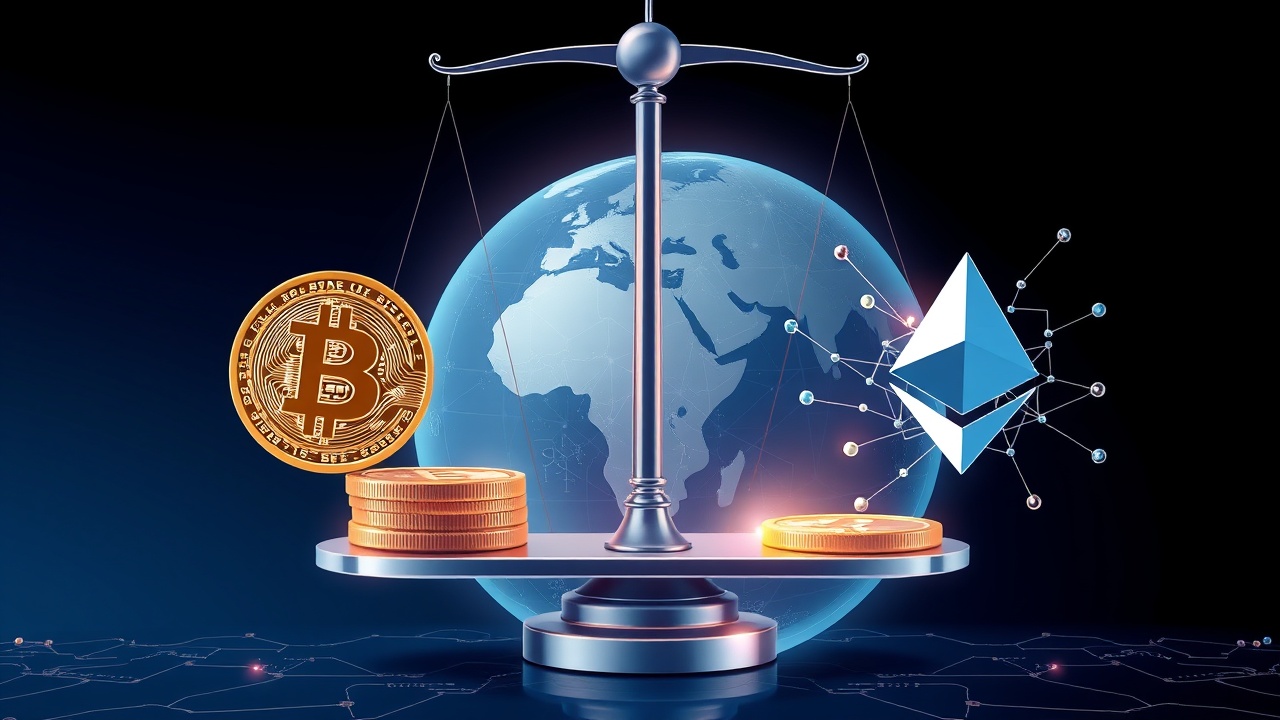Introduction
In the evolving landscape of cryptocurrency, David Marcus, who previously led Facebook’s stablecoin initiative, has recently challenged Nick Tomaino‘s assertion regarding Ethereum’s lack of neutrality, via a post on the social media platform X.
Tomaino’s Perspective on ‘Credible Neutrality’
Tomaino, the founder of investment firm 1confirmation, bases his opinion on three key pillars that help define what he terms ‘credible neutrality’ in cryptocurrency.
Key Pillars of Credible Neutrality
1. Token Distribution and Transparency
Tomaino highlights the importance of token distribution and transparency. He points out that Bitcoin (BTC) boasts a completely transparent internal distribution model of 0%. This means that anyone can engage as a proof-of-work (PoW) miner without any hidden structures. In contrast, Ethereum (ETH) has a 10% internal distribution and was once reliant on PoW mining. Tomaino also raises concerns about Solana, which possesses a staggering 62% internal distribution and lacked early stage transparency regarding both token distribution and validator roles.
2. Jurisdiction
Jurisdiction serves as the second facet of Tomaino’s argument. He asserts that Bitcoin was instrumental in paving the way for internet-native applications, while Ethereum, in collaboration with the global community, further developed this framework. In contrast, Solana has been characterized as resembling a corporate token, particularly due to its involvement in lobbying efforts within the United States.
3. Developer Platforms
Finally, Tomaino examines the significance of developer platforms. He argues that Bitcoin does not offer a strong foundation for developers compared to the rich ecosystem available on Ethereum. With extensive applications ranging from stablecoins to decentralized finance (DeFi), non-fungible tokens (NFTs), prediction markets, and decentralized social networking, Ethereum has positioned itself as a vital platform for developers and enterprises alike.
Major organizations such as Coinbase, Blackrock, Fidelity, Stripe, Kraken, Deutsche Bank, Sony, Visa, Polymarket, Uniswap, Aave, and Opensea are building their projects within the Ethereum framework, further solidifying its critical role in this sector.




